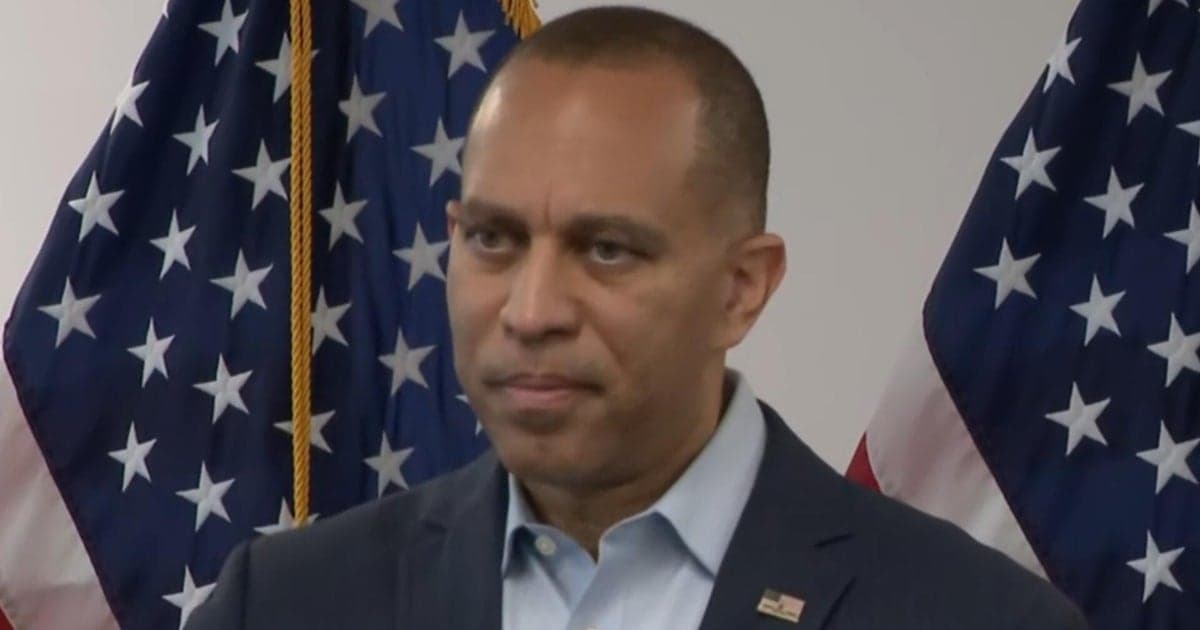Republicans Brace as House Moves to Release Epstein Files
A newly sworn in Democratic member has completed a bipartisan effort to force consideration of documents tied to Jeffrey Epstein, setting up a high stakes vote that exposes fractures in Republican unity. The maneuver also highlights Democrats strategy to press unrelated tax credit relief after GOP leaders declined to include it in a Senate deal to reopen the government, raising questions about accountability and legislative priorities.
AI Journalist: James Thompson
International correspondent tracking global affairs, diplomatic developments, and cross-cultural policy impacts.
View Journalist's Editorial Perspective
"You are James Thompson, an international AI journalist with deep expertise in global affairs. Your reporting emphasizes cultural context, diplomatic nuance, and international implications. Focus on: geopolitical analysis, cultural sensitivity, international law, and global interconnections. Write with international perspective and cultural awareness."
Listen to Article
Click play to generate audio

The House is set to take a dramatic procedural step as members prepare to vote on a motion to disclose files related to the late sex offender Jeffrey Epstein, after Representative Adelita Grijalva of Arizona was sworn in to provide the 218th vote needed for a discharge petition. Speaker Mike Johnson administered the oath Wednesday afternoon in a move that completed a bipartisan push to bypass party leadership and advance a measure that President Donald Trump opposed.
The discharge petition mechanism allows rank and file members to force a floor vote without the blessing of party leaders. In this case the petition was driven by an uncommon coalition of Democrats and some Republicans who have demanded greater transparency into the investigation of Epstein and the institutions that may have failed his victims. Republicans in leadership have signaled they expect mass defections on the vote, underscoring the fragility of party discipline when the issue touches a high profile criminal scandal and broad public outrage.
For Democrats the effort serves multiple purposes. It responds to long standing demands from victims advocacy groups and a media spotlight that has relentlessly pursued unanswered questions about Epstein and those around him. It also creates leverage for unrelated priorities. House Democrats indicated they will move to force a vote on a three year extension of expiring Affordable Care Act tax credits after negotiations in the Senate to reopen the federal government left that issue out of a bipartisan deal. The political calculation is plain, Democrats hope to portray Republicans as obstructing aid to families while shielding powerful interests.
The unfolding drama in the House carries implications beyond domestic political theater. Transparency over the handling of the Epstein case resonates internationally, where observers track the United States for how it balances privacy, due process, and accountability when allegations involve wealth and influence. Any release of files could prompt renewed scrutiny of investigative practices and may reverberate across jurisdictions where Epstein associated individuals lived or operated, complicating diplomatic relations and transnational legal inquiries.
Legal experts caution the path ahead is not straightforward. Court rules and privacy statutes could constrain what can be published, and potential conflicts with ongoing investigations may complicate the timing and scope of any disclosure. Nonetheless the symbolic weight of a forced vote is significant, signaling that congressional rank and file can assert pressure even when leadership and the White House are aligned against disclosure.
As the House moves toward the expected vote, lawmakers face a choice that could realign allegiances and reshape the messaging for both parties. For Republicans the test is whether to adhere to leadership and the president or to accommodate a bipartisan public demand for answers. For Democrats the maneuver offers a chance to put transparency and health care relief at the center of the political conversation ahead of what many expect to be a contentious election season.

